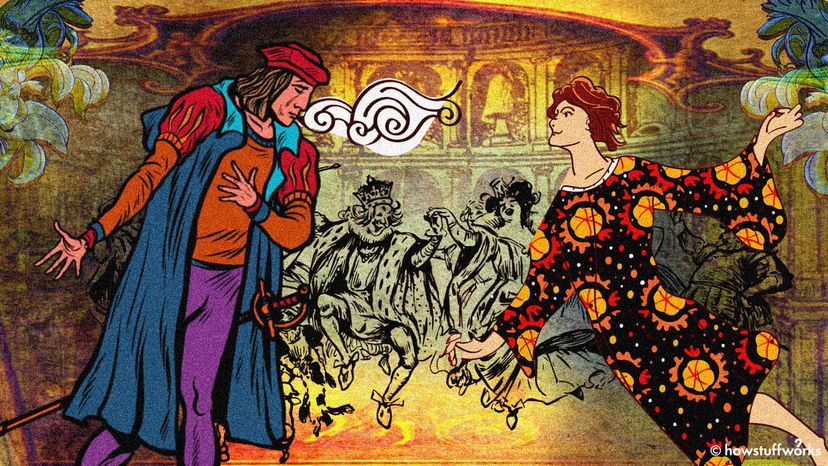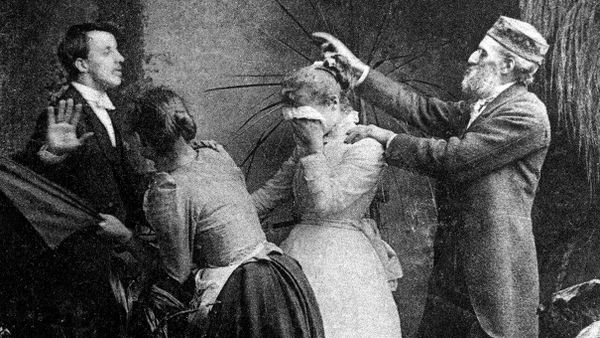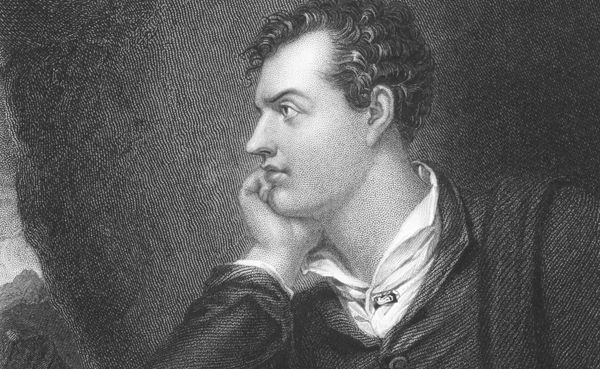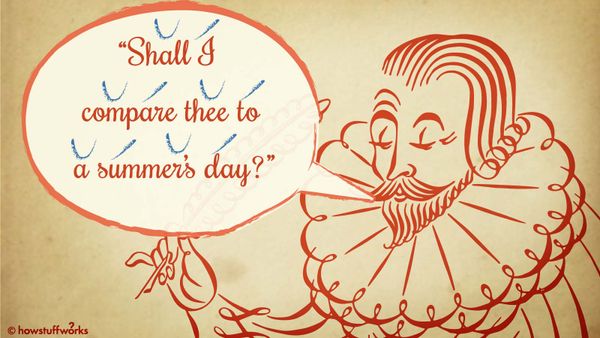But flyting was also a way of competing for attention at court. The participants, who were usually male courtiers, might have gotten on well, which Elliott notes is often the case for today's rap battle participants, too. The idea behind flyting was to influence public opinion of the participants and raise both of their profiles. And each participant wanted to make himself look better than the other guy, even if they were friendly.
In addition to being circulated or possibly performed at court, Elliott says that flytings may have been posted in the public square, such as Market Cross in Edinburgh. Then people outside the court could read the witty insults and spread the reputations of the men, further raising their profile. These guys would have appreciated a good Twitter discourse.
Elliott also says that the Scottish court was different from most royal courts, especially the English court. "There was less differentiation between the king and the other nobles," she says. So flinging insults — and even trading them with the king himself — was entertaining rather than treasonous. James V flyted another noble, and James VI cited Montgomerie and Polwart's "Flyting" as a type of verse that was in fashion.
Almost anything was fair game in flyting. As one scholar noted, in "The Flyting of Dunbar and Kennedie" William Dunbar lists all of Walter Kennedy's defects before detailing each one: "his highland origins, begging, cowardice, treachery, ugly appearance, venereal disease, jaundice and sexual activity." You might wonder about that reference to Kennedy's highland origins, but according to Elliott, "They also debated the nature of true Scottish identity" through insulting verse.
Sadly, "The Reformation pretty much puts an end to flyting," Elliott says. The schism created in the 16th century by the Protestant Reformation was pronounced in Scotland and England, and insulting poetry being presented at court fell out of favor.



